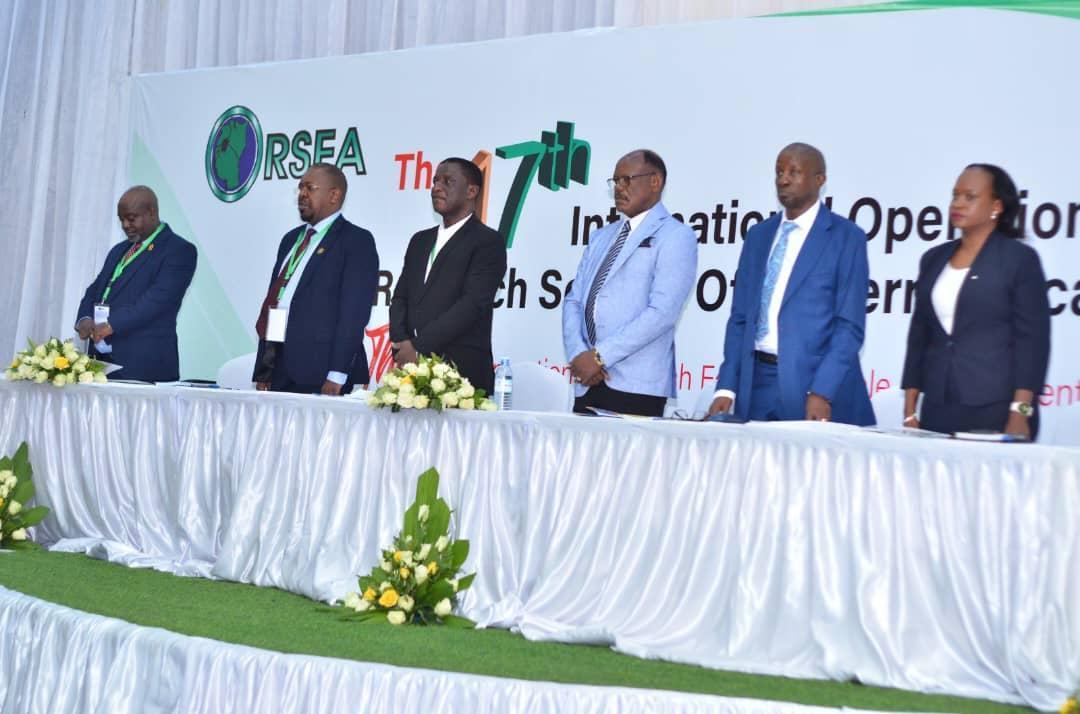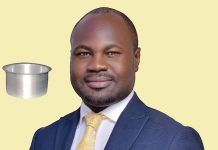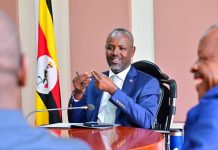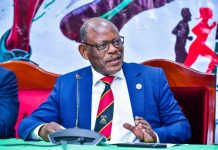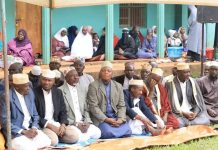Africa-Press – Uganda. Academics and researchers from across East and Southern Africa have called for stronger collaboration between universities, industry, and communities to promote sustainable development through operations research and emerging technologies.
The call was made during the 17th ongoing International Operations Research Society of Eastern Africa (ORSEA) Conference, at Silver Springs Hotel, Kampala.
The two-day event is being held under the theme “Operations Research for Sustainable Development Amidst Emerging Technologies.”
The conference has brought together researchers, trainers, academicians, practitioners, and students from Uganda, Kenya, Tanzania, Zambia, and Norway to discuss how operations research can contribute to solving practical challenges in society.
Speaking at the opening ceremony, the Vice Chancellor of Makerere University, Prof. Barnabas Nawangwe, congratulated Makerere University Business School (MUBS) for organising the event and emphasised the importance of practical research.
“First of all, I want to congratulate MUBS for organising this conference. Conferences help people to exchange ideas. People come and say what they have researched, what knowledge they have got,” he said.
“I have urged all professors, researchers, and lecturers at MUBS to be much more involved in research, but more importantly, to work with our farmers, to work with business, to work with industry,” he added.
Nawangwe noted that many local farmers and exporters fail to maintain consistency because they lack organised systems backed by research.
“Even the exporters, you always hear somebody started exporting something, but now they have been thrown out because they could not maintain supplies. Because they never did any research, they did not know how to organise the people who are supplying them,” he explained.
He stressed that operations research plays a vital role in improving efficiency and competitiveness and called for greater use of artificial intelligence (AI) in solving local problems.
“Operations research is extremely important, and I urge all our researchers to work with the communities and everybody to adopt AI because AI is the future. People are using AI to simplify a lot of things,” he said.
Nawangwe also highlighted Africa’s low contribution to global knowledge production.
“The whole of Africa produces only 3% of knowledge in the world. Our population is 15% of the world population, but we are producing only 3%. The more research we do, the more we will be able to create products and improve our economies,” he noted.
Prof. Moses Muhwezi, Principal of Makerere University Business School, said the conference reflects the school’s commitment to addressing real-life challenges through research.
“This is the 17th International Operations Research Society of East Africa Conference. We have had similar conferences for 17 times with participants from Uganda, Kenya, and Tanzania,” he said.
“A long time ago, about twenty-five years ago, we thought operations research is very important for our economy. Decisions are taken, but these decisions are not optimal. If they are not optimal, it means you cannot maximise output,” he added.
Prof. Muhwezi explained that operations research helps in making analytical and evidence-based decisions to handle complex challenges in different sectors, including the military, where it originated.
“Operations research started in the army. The British army during World War Two had complex challenges, and they thought you needed operations research to solve them. Any complex challenge needs operations research that gives you the right figures and enables you to take optimal decisions,” he said.
He added that MUBS is determined to make research more applied and community-focused.
“Universities are there to support the country. Whatever you see happening, there is a theory behind it. We are involving stakeholders to be part of our research process so that when we come out with research, it is needed by the public,” he explained.
The principal also revealed that MUBS is expanding its entrepreneurship and skills development programmes.
“We have an entrepreneurship centre that is training women and youth in digital skills. We have business Kiswahili, business French, business Chinese, and continuous professional education. We are turning our knowledge into what the public requires,” he said.
Prof. Trywell Kalusopa, who leads research and innovation at the University of Zambia, said African universities should work together towards a shared development agenda.
“We are expanding the horizons of operations research in the context of what we are calling the Pan-African dream, ensuring that we integrate the east, south, north, and west,” he said.
He explained that the University of Zambia and other institutions are aligning research with the African Union’s Agenda 2063 to address poverty, education, and sustainable development.
“We should unite as African scientists, not scientists in Africa, but African scientists with a common vision to ensure that regional integration is attained,” Prof. Kalusopa said.
He added that the conference was timely because African universities are now redefining cooperation to promote trade and technology-driven growth.
“We are now stressing the question of trade, and trade is at the core of ensuring that we remove tariffs and optimise our borders. At the core of this is the use of emerging technologies such as AI,” he said.
The two-day conference is organised by the ORSEA Conference Secretariat in partnership with Makerere University Business School (MUBS) and Silver Springs Hotel, bringing together scholars to explore how operations research can drive sustainable development in the era of emerging technologies.
For More News And Analysis About Uganda Follow Africa-Press

